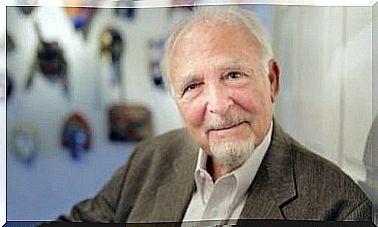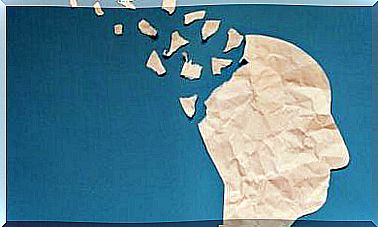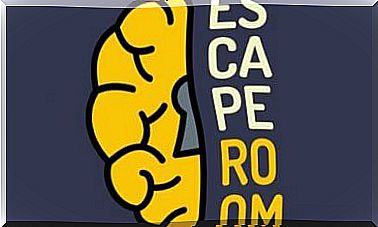Co-dependence In The Family Of A Drug Addict

Drug addiction is one of the most troublesome mental disorders. There is no cure for this chronic disorder, only rehabilitation. In addition , it not only affects the addict’s life, but also destroys the economy, social conditions and their mental state. However, the consequences of this disease also have a significant impact on those close to them. It can often lead to co-dependence in the family of a drug addict.
When a member of a nuclear family is addicted to drugs, it affects the whole family. In fact, parents and siblings are forced to deal with the family member’s suffering, but can not help.
As time goes on, this can result in very damaging relationship dynamics. These make the situation worse for everyone involved. Therefore, it is important to identify and prevent this type of addiction.

Co-dependence in the family of a drug addict
If you have a loved one who is a drug addict, it is natural to worry about them and offer them support and help. Withdrawing from them emotionally would be both very complicated and not very helpful.
It makes sense for the addict’s relatives to talk to them to try to understand them, encourage them to seek help and stand by them throughout the rehabilitation process. In many cases, however, their involvement becomes so intense that it becomes harmful and dysfunctional.
Co-dependence in the family of a drug addict occurs when another person in the family becomes too involved in the disease. In fact, they are beginning to over-identify with drug addicts. Furthermore, they become obsessed with taking care of them, and focus all their attention and energy on them, to the extent that they neglect themselves. Some of the most important characteristics of this phenomenon are:
- The family member’s life is completely about rescuing, curing or protecting the drug addict.
- All their frustrated attempts at help create enormous emotional discomfort, leading to a harmful relationship with the addict.
- They deny that the addict has a problem. In fact, they may justify your behavior or downplay its severity.
- They try to hide the problem from other people and cover it up for the drug addict. Therefore, they deny the drug addict the right to share the problem with others or ask for help.
- They become emotionally addicted to the drug addict. In other words, they limit themselves to responding to the actions of the addict rather than their own. Therefore, their well-being becomes dependent on the well-being of the drug addict.
Why does co-dependence develop?
Not all relatives of a drug addict develop addiction. It tends to be more common in people with low self-esteem and poor emotional coping.
Often the co-addict feels guilty about the addict and feels the need to try to control the behavior. Furthermore, they tend to believe that this is completely within their reach. In general, there are people who have trouble establishing boundaries in the relationship. In fact, they tend to see what is happening as quite natural, as a betrayal or lack of loyalty.

Co-dependence in the family of a drug addict is harmful to everyone involved
In general, the co-addicted person does not realize how harmful their behavior is. They feel that by getting involved, they help drug addicts and even help them recover. In reality, however, it is quite the opposite.
When the family member denies or downplays the existence of the disease, or when they take care of the effect of the disease, it takes the responsibility from the drug addict. This perpetuates their addiction. However, the co-addict also harms their own well-being by carrying the full weight of a problem that is not even theirs on their shoulders.
Therefore, the best thing that the co-addict can do, both for the addict and himself, is to return to his former self. Furthermore, to let the drug addict begin to take responsibility for himself. It is extremely important that they stop refusing and cover up the addiction. Nor should they feel any responsibility for it. Eventually, they should start setting boundaries.
It is never possible to solve another person’s addiction problem. An addict must do it himself. In fact, it is best for family members to keep their distance and take care of their own emotional health.








